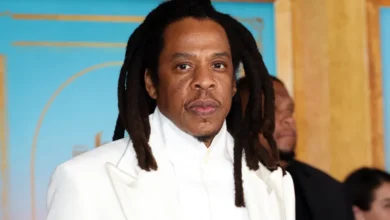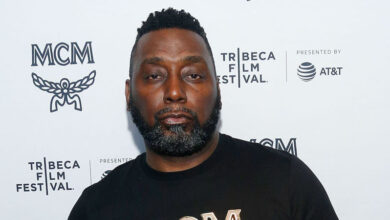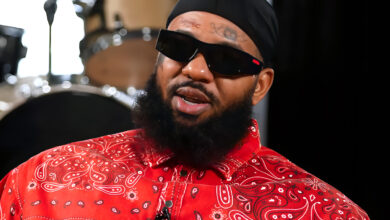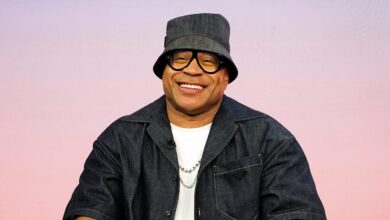LL Cool J’s Most Controversial Moments

LL Cool J is one of hip hop’s most enduring figures, known for his smooth delivery, trailblazing success, and ability to cross over into television and film. With a career spanning nearly four decades, the Queens-born rapper and actor has built a reputation as a respected veteran in the entertainment industry. However, like many public figures with long-standing careers, LL Cool J has not been immune to controversy. From lyrical feuds to questionable collaborations, here’s a look at some of LL Cool J’s most talked-about moments.
One of his most notable controversies came in the early 1990s when he engaged in a highly publicized rap beef with fellow Queens native Canibus. The feud started when LL took offense to a verse Canibus recorded on their joint track “4, 3, 2, 1,” where Canibus referenced borrowing LL’s mic tattoo. LL responded with a veiled diss on the same song, later escalating the conflict with the track “The Ripper Strikes Back.” The back-and-forth between the two became one of hip hop’s most discussed rivalries of the era and sparked debate about respect, competition, and mentorship in the rap community.
Another moment that drew widespread attention was LL Cool J’s collaboration with country artist Brad Paisley on the 2013 track “Accidental Racist.” Intended to spark dialogue about race relations, the song was met with mixed to negative reactions. Critics and fans alike found the lyrics—particularly LL’s lines about “gold chains” and “do-rags”—to be overly simplistic and tone-deaf. While LL defended the song as an attempt at honest conversation, many felt it missed the mark and lacked the nuance required to tackle such a sensitive topic.
LL has also faced criticism over some of his early lyrics and music videos, which were often seen as reinforcing hyper-masculine and sometimes misogynistic themes. While these elements were common in 1980s and 1990s rap, modern audiences have occasionally reevaluated them through a more critical lens. LL has responded over time by evolving his image, often portraying strong, complex male characters in film and television and expressing more mature views in interviews.
In the world of television, LL’s role as a host and actor has generally been well-received, but he did stir conversation when he began hosting the Grammy Awards, particularly during years when the Recording Academy was criticized for underrepresenting Black artists. As a prominent figure in hip hop, some felt LL was caught between his loyalty to the institution and the need to speak out on behalf of artists demanding greater recognition. While he never directly criticized the Grammys during those years, his involvement sparked ongoing conversations about the balance between representation and reform.
Despite these controversies, LL Cool J has maintained a level of grace and consistency that is rare in the entertainment world. He has often used backlash as an opportunity to grow, and his continued influence in music, acting, and philanthropy is a testament to his staying power. Whether navigating public disputes or responding to cultural criticism, LL Cool J’s ability to remain relevant and respected reflects his adaptability and understanding of the evolving landscape.
Ultimately, LL Cool J’s controversial moments are part of what make his career so compelling. They reveal the complexities of a man who helped shape hip hop, crossed into mainstream stardom, and continuously adapted to the times—all while staying true to his roots.




